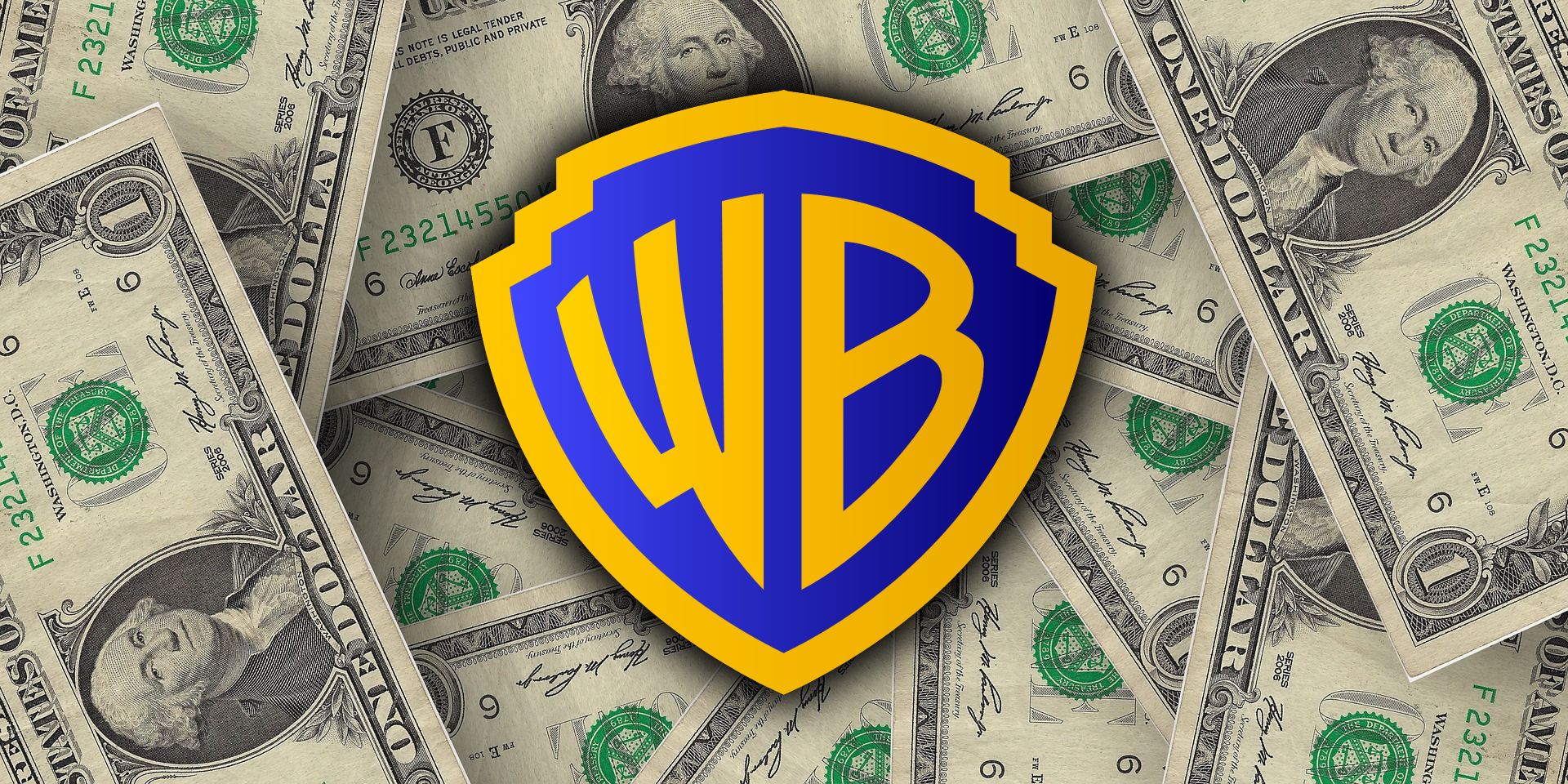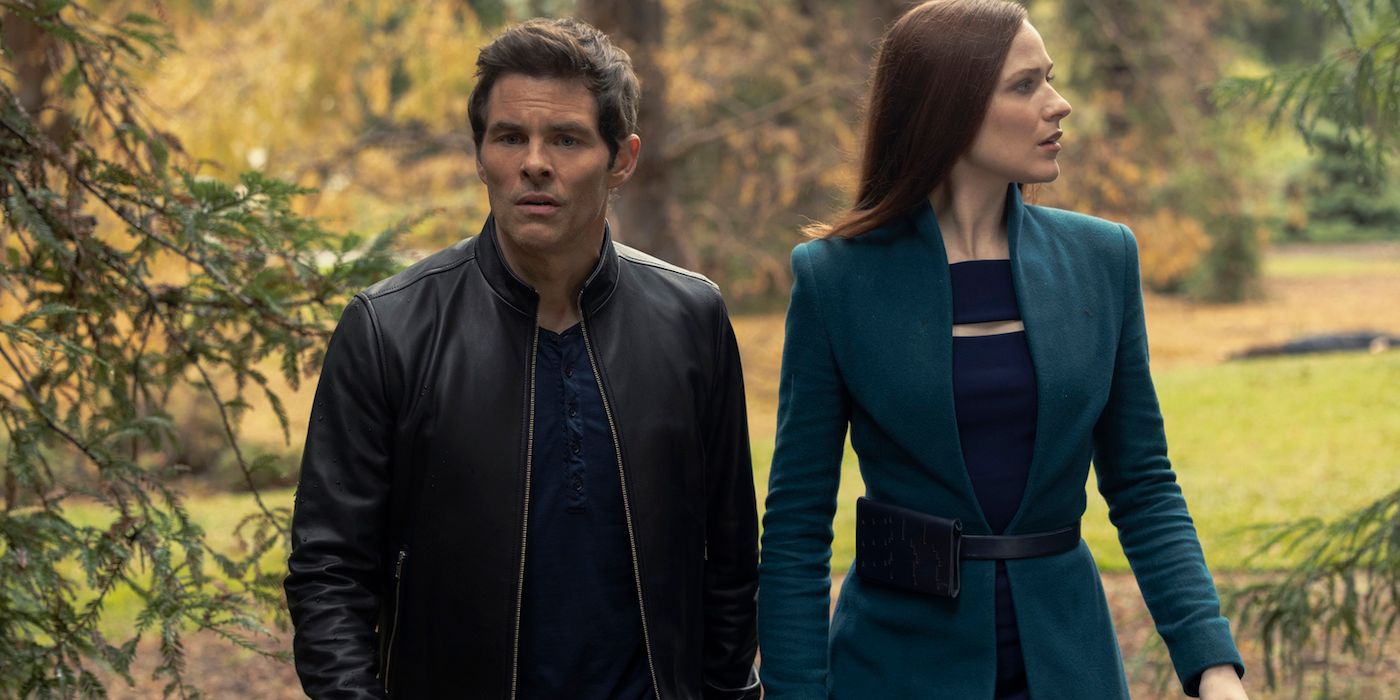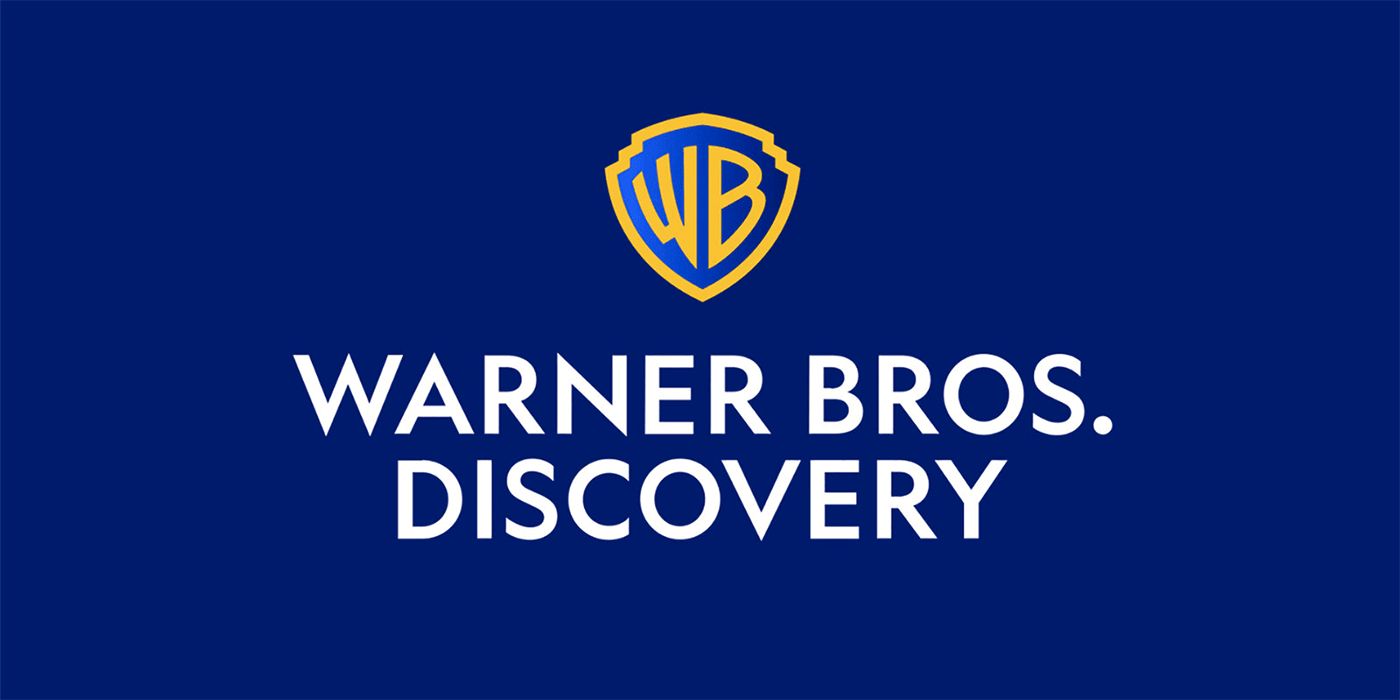The merger of Warner Bros. and Discovery has not gone as smoothly as CEO David Zaslav would have hoped. According to a report from Variety, since his time as the company's executive, he has had to deal with a $2.3 billion net loss in conjunction with an 8 percent drop in revenue. This financial position has caused the leader to say comforting sentiments like "(we) are fully committed to content" while taking actions that seemingly prove otherwise.
In order to cut down on costs, Warner Bros. Discovery (WBD) has been shelving, canceling, and straight-up removing films and series found on HBOMax. Despite saying that this slashing of content and firing workers was over, the spree continued with the cancellation and removal of an HBO flagship series, Westworld, among many others. Zaslav hopes these measures will help the company meet its new goal of raking in $3.5 billion in revenue, up from the previous goal of $3 billion, over three years thanks to his new synergy strategy. Here's how this new strategy affects not only the shows viewers love but the lives of the creators who bring them to life.
Warner Bros. Discovery Is Prioritizing Profits Over Keeping Fans Happy
At the end of the day, Hollywood's content production is an industry built to increase cash flow, not make audiences happy. When a company is in the position of bleeding money, the best way to generate its desired profit is by cutting costs. In late summer of 2022, people started to notice WBD's cuts when 35 series -- including cult favorites like Infinity Train and Genera+ion -- subtly disappeared from HBOMax. In addition to the vanishing of these programs, the company experienced major layoffs with Warner Bros. Television slashing 125 jobs, HBO/HBOMax letting go an estimated 70 individuals and the ad sales department losing 100 employees. Between this late summer/early fall purge and the first round of firings, the total number of layoffs at the conglomerate nears 1000.
These kinds of layoffs are to be expected in massive mergers as executives must account for redundancies. Yet if this is the loyalty tenured employees get, imagine how the creatives and exterior hires brought on to produce content can be treated. Minx -- a series that garnered small viewership yet high critical acclaim -- was nearly finished with the production of its second season when it was canceled and removed from HBO Max without warning. Thankfully, actor Jake Johnson and his team have promised to find the series a new home, which will most likely be Starz as it is a Lionsgate production. For another example, fans don't need to cast their minds that far back to remember the Batgirl debacle and how its poorly treated creators will never have their work see the light of day.
How Licensing Shows Will Help Warner Bros. Discovery Cut Costs
It's clear why the company would cancel programs that are in development or in production, but what about complete series that are sitting on the platform? In actuality, it costs a lot to keep programs, especially those that were created by outside companies and are licensed on a streamer. For instance, take the beloved children's series Sesame Street. Out of its 4,500 episodes, only 456 are available on HBOMax with only 29 being from the early seasons. The other 427 episodes are from the seasons produced by Warner Media since they inked a deal with the Sesame Street Workshop in 2010. By limiting the number of episodes on the platform, WBD limits the residuals and royalties it must pay production companies, actors, etc., when someone streams an old episode.
By removing these episodes, or even whole series, WBD is able to license the programs out to other ad-supported streamers or even sell them off. This means fans of The Nevers could be watching it on Freevee sometime next year. This tactic is not only done to generate a potential profit but to make room for Discovery content coming in early 2023. It's been revealed that HBO Max will soon become "Max" and that the platform will need to have space for the Discovery library -- no matter how odd it feels for these two very different and distinct brands to be shoved together. If these corporate moves prove anything, it is that David Zaslav is running the conglomerate more like a Fortune 500 company rather than a creative organization trying to satisfy fans.



